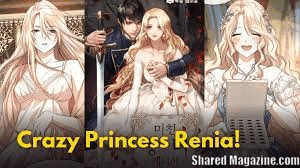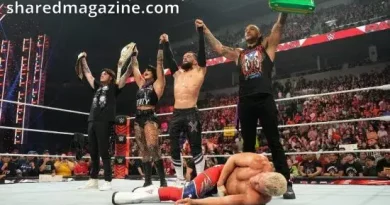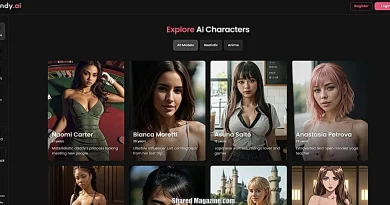The Villainess Doesn’t Need a New Husband: Defying Expectations and Embracing Independence

Introduction
In recent years, literature and media have witnessed a compelling shift in character portrayals, particularly concerning villainesses. These characters, often deemed antagonistic, are undergoing a transformation, defying conventional norms and expectations. This article delves into the evolving narrative of villainesses who shatter stereotypes by refusing the cliché of needing a new husband to redeem their stories.
Unconventional Storyline
The allure of these narratives lies in their unconventional plots. They challenge the status quo by diverging from predictable story arcs where a villainess seeks a new romantic interest for salvation. Instead, these tales unfold with a focus on individual growth and autonomy.
Strong Female Leads
One of the most captivating aspects is the profound character development of these villainesses. They’re portrayed as multidimensional figures with intricate backstories, motivations, and aspirations beyond the confines of romance.
Refusal of Marriage Trope
Unlike traditional storylines, these villainesses adamantly reject the notion that their narratives hinge on finding a new husband. They exude independence, carving their paths without succumbing to societal pressures to seek a romantic partner for redemption.
Challenging Norms
This narrative shift extends beyond entertainment. It challenges societal norms, spotlighting the outdated expectation that a female character’s arc revolves around marriage. It prompts audiences to question and reassess ingrained stereotypes.
It serves as a mirror to the evolving role of women in contemporary society, emphasizing autonomy and self-determination. Audiences, especially younger generations, are increasingly drawn to characters that embody resilience, agency, and the courage to chart their paths.
Redefining Expectations
At its core, this trend embodies empowerment. It redefines expectations placed on female characters, emphasizing that fulfillment and resolution aren’t synonymous with romantic entanglements.
The evolution of narratives surrounding villainesses who defy the trope of seeking a new husband extends beyond literary boundaries. It has sparked discussions in various artistic mediums, including film and television. .
Freedom and Autonomy
Themes of freedom and autonomy resonate strongly. These narratives emphasize that a villainess’s journey isn’t tied to a romantic interest but to her personal growth, freedom from societal constraints, and autonomy over her story.
Productions are embracing this shift, presenting complex and empowered villainesses who break away from the customary need for romantic redemption. The impact resonates profoundly with audiences, fostering admiration for characters who prioritize personal growth and independence over conforming to societal norms.
Impact on Readers
This transformation in storytelling doesn’t just impact entertainment but also influences readers’ perceptions. It challenges them to embrace diverse narratives and fosters a deeper appreciation for nuanced character portrayals.This movement represents a pivotal moment in entertainment, encouraging creators to explore diverse and unconventional storylines that challenge ingrained perceptions
Changing Perspectives
The portrayal of villainesses rejecting the need for a new husband prompts reflection. It challenges preconceived notions, encouraging audiences to view characters—and, by extension, people—in a more multifaceted light.
These narratives offer a nuanced perspective on female empowerment, showcasing that fulfillment isn’t contingent upon conforming to traditional romantic narratives.
Reinventing Narratives
In conclusion, the evolution of villainesses who refuse the trope of needing a new husband marks a significant shift in storytelling. It opens doors for diverse, empowering narratives that redefine character arcs and societal expectations.
FAQs
Are these stories only about rejecting marriage?
No, they highlight independence and personal growth beyond romantic relationships.
Do these narratives undermine the importance of relationships?
Not at all; they emphasize individual agency and the choice to define one’s own path.
How do these stories impact readers?
They prompt critical thinking, challenging conventional stereotypes and fostering empathy.
Are these narratives limited to a specific genre?
No, they span various genres, showcasing diverse perspectives.
Why are these narratives significant?
A: They pave the way for inclusive storytelling, empowering characters beyond traditional tropes.


